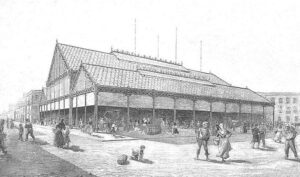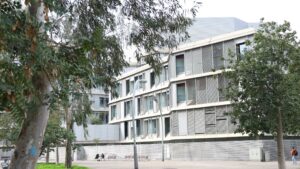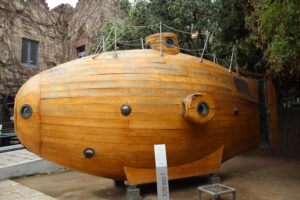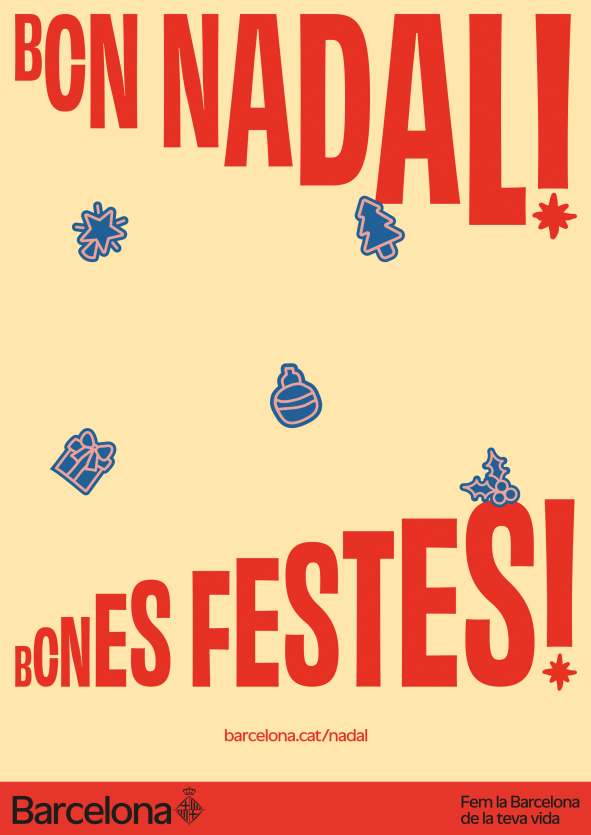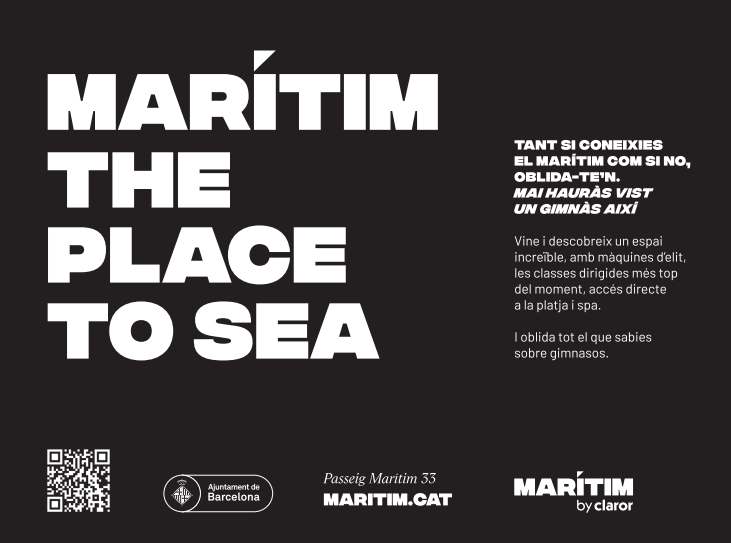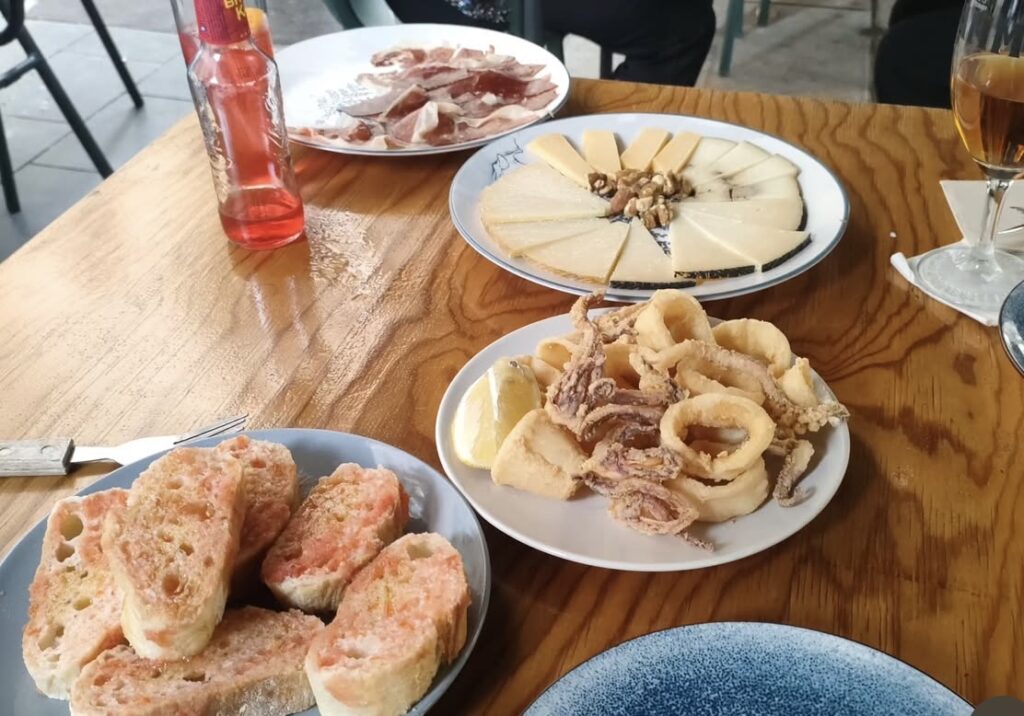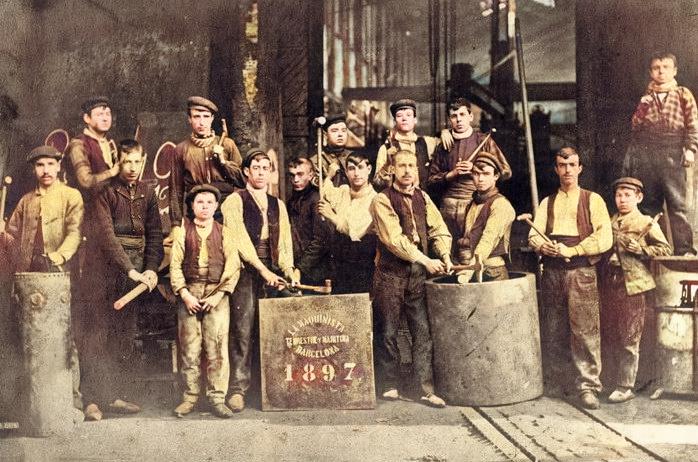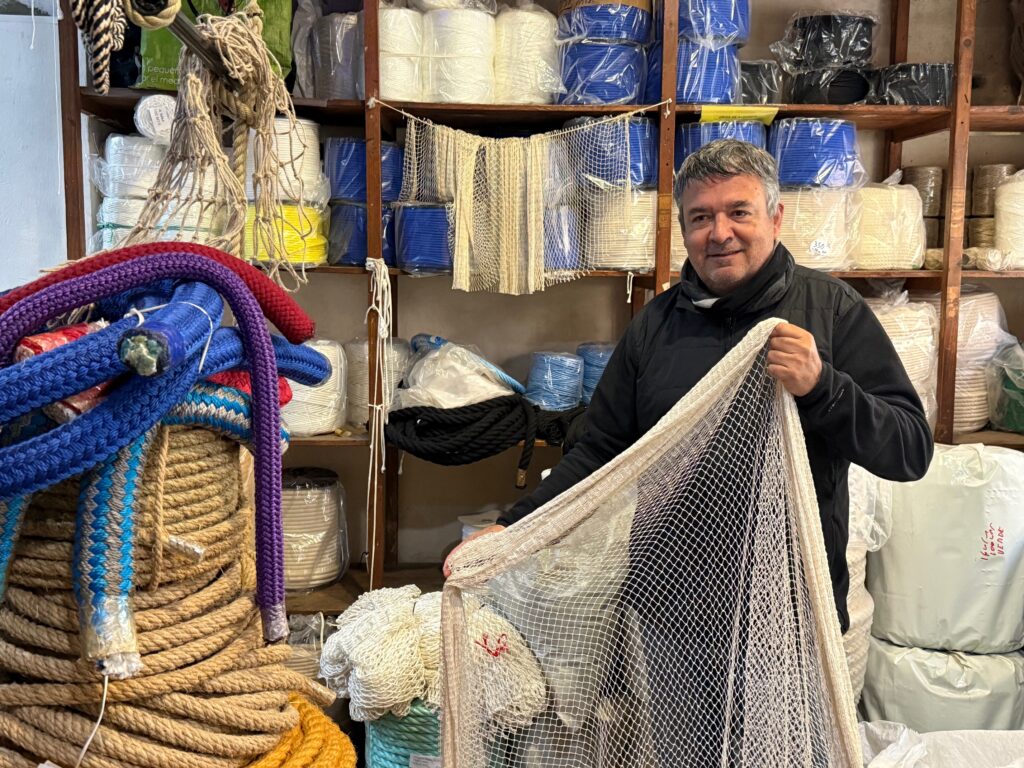The Romani people represent the largest ethnic minority in Europe and have a long history rooted in Catalonia, since their arrival in the region more than six centuries ago. The Museu d’Història de Catalunya (MHC) has launched a project to collect oral testimonies about the Romani people of Catalonia, as part of the commemoration of two events of great historical significance: the 275th anniversary of the Barón Estardipen—known as the Great Roundup or General Prison for Gypsies and Gypsy Women—and the 600th anniversary of the documented arrival of the Romani people on the Iberian Peninsula.
On July 30, 1749, a repressive action was carried out throughout the state, including Catalonia, with the aim of arresting and exterminating the Romani people. This episode, known as Barón Estardipen, was the first attempt at the physical and cultural extermination of the Romani people ordered by the Marquis of Ensenada under the reign of Ferdinand VI. It represented a key moment in the history of structural anti-Romani sentiment, which for centuries has promoted the exclusion and repression of the Romani community.
For this reason, since 2020, the Government of Catalonia has commemorated the Day Against Anti-Gypsyism every July 30, in memory of the more than 12,000 Roma men and women imprisoned during that persecution. In addition, since the last quarter of 2024 and throughout 2025, the Department of the Presidency has promoted the commemoration of the 275th birthday of Baron Estardipen, with the aim of raising awareness of a largely unknown historical episode that has never been sufficiently recognized institutionally.
On the other hand, on January 7, 2025, the Council of Ministers of the Spanish Government approved an institutional declaration to commemorate the 600th anniversary of the arrival of the Romani people in Spain, documented in the safe conduct granted on January 12, 1425, by King Alfonso V of Aragon. In this context, 2025 has been officially declared the Year of the Gypsy People.
Exhibition “The Gypsy People of Catalonia: History and Culture.”
To mark this double anniversary, the MHC is conducting fieldwork throughout Catalonia to collect oral testimonies from Catalan Roma people. This initiative aims to preserve the diversity and richness of their memories and experiences, and will form part of an oral history archive of the Roma people of Catalonia. This archive will be one of the pillars of the exhibition “The Roma People of Catalonia: History and Culture” that the Museum is preparing to disseminate the history, culture, values, and contributions of the Roma people to Catalan society. A team led by Raquel Castellà, historian and curator at the MHC.
The exhibition, curated by Gypsy activist and art historian Mercedes Porras, aims to recognize and highlight the history of the Gypsy people from an open, diverse perspective, free from stereotypes. It seeks to recover often-forgotten facts, figures, and episodes, and to highlight the cultural, social, and linguistic mark that the Gypsy community has left on Catalonia.
At the same time, a documentary about the Catalan Roma community is being prepared, directed by Guillermo Cruz and Raquel Castellà, which will include oral testimonies recorded during the project. Finally, the MHC is committed to strengthening the active participation of the Gypsy community in the Museum’s activities and, through the different areas of the institution and in collaboration with Gypsy organizations, promotes cultural and educational activities and the preservation of Gypsy collective memory.
